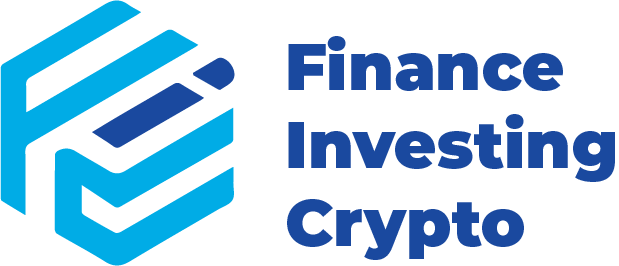Aave DAO is voting on a proposal to launch a white-label version of its lending protocol on Kraken’s Ink blockchain, marking a notable shift in how decentralized finance integrates with centralized platforms.
According to a DAO proposal initiated on July 17 via Snapshot, the deployment will use Aave’s smart contracts under a new brand managed by the Ink Foundation. The initiative has received overwhelming support from the Aave (AAVE) DAO, with over 790,000 votes in favor as of press time, ahead of the proposal’s July 21 deadline.
It marks Aave’s first white-label deployment and a strategic partnership designed to expand adoption of its technology while introducing new revenue streams through a revenue-sharing agreement with Ink.
The lending platform will be built on Ink, an Ethereum (ETH) layer-2 network that is part of the Optimism (OP) Superchain. Ink will provide Kraken users with onchain loans through Aave’s core lending infrastructure, which will be centrally managed by the Ink Foundation.
The move combines centralized oversight with DeFi architecture, providing a regulatory-friendly framework that may draw institutional users and serve as a gateway for Kraken’s current user base to more easily access DeFi services.
To encourage adoption, the Ink Foundation plans to distribute 4% of its INK token supply to early users, while the Aave DAO will contribute AAVE tokens and its GHO stablecoin to seed liquidity.
The goal is to attract at least $250 million in deposits to the platform, a significant target considering Ink’s current total value locked is under $10 million, far below competitors like Coinbase’s Base, which exceeds $3.7 billion.
The deployment offers a potential win-win. Ink will receive a flagship application to grow its layer-2 presence, Kraken will expand its product suite with a reliable DeFi backend, and Aave will diversify its revenue streams without compromising its core decentralized protocol.
However, the Aave community is now debating the governance implications and trade-offs of decentralization due to the Ink Foundation’s centralized control. If approved, the platform will undergo a thorough audit before launch, and Ink will oversee the user-facing tools.
For a minimum of a year, Ink will be the only white-label deployment partner, thanks to the exclusivity agreement.









